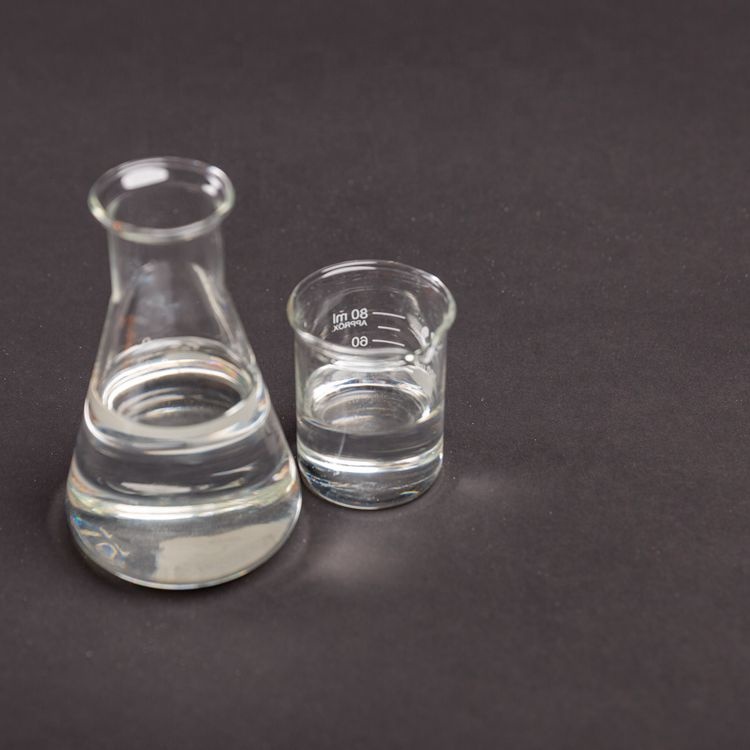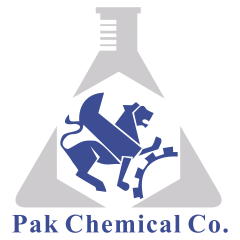Heat stabilizers play a crucial role in various industrial applications by maintaining the structural integrity and color of polymers. Among the different types available, liquid compound heat stabilizers offer particular advantages like ease of application, uniform dispersion, and minimal dust formation. This article delves into the practical applications and benefits of using liquid compound heat stabilizers.
What Are Liquid Compound Heat Stabilizers?
Liquid compound heat stabilizers are chemical additives that protect polymers from degradation due to heat. These compounds often contain a blend of antioxidants, UV stabilizers, and lubricants. Unlike solid or powdered forms, the liquid state allows for easier mixing and more homogeneous results.
Heat stabilizers play an instrumental role in ensuring the longevity, resilience, and quality of polymers, especially when exposed to elevated temperatures. In particular, offer a range of advantages due to their form and efficacy. This article delves into the diverse applications of these stabilizers and their significance in various sectors.

PVC Stabilization (Liquid Compound Heat Stabilizers)
PVC (polyvinyl chloride) is one of the most widely used polymers in the world. However, during processing and under prolonged heat exposure, PVC can degrade, leading to discoloration and loss of material properties. Have found extensive use in PVC applications, particularly in:
- PVC Piping and Tubing:. Ensuring the longevity of pipes that carry hot fluids or are exposed to environmental heat.
- PVC Films and Sheets:. Used in construction, these sheets benefit from heat stabilizers to resist yellowing and brittleness.
- PVC Cables:. Enhancing heat resistance for electrical insulation purposes.
Rubber and Elastomers
Can also be employed in rubber and elastomer applications. Here, they prevent the premature aging of rubber components, especially those exposed to heat, such as:
Adhesives and Sealants
Adhesives and sealants are often applied in environments where heat stability is crucial. The addition of liquid compound stabilizers ensures that these products maintain their adhesive or sealing properties even under elevated temperatures.
Medical Plastics
Medical devices and components, like IV bags and tubing, often require plastics that can withstand sterilization processes. Play a crucial role in ensuring these materials can undergo repeated heat exposure without degradation.
Benefits of Liquid Compound Heat Stabilizers
Apart from their primary function, these stabilizers offer:
- Ease of Mixing:. Being in liquid form, they can be easily and uniformly mixed with polymers.
- Versatility:. Suitable for various polymer systems beyond PVC.
- Enhanced Performance:. Often, liquid stabilizers offer improved performance compared to their solid counterparts, due to better dispersion.
Conclusion
Remain an integral component in the polymer and plastics industry, ensuring products stand the test of time and adverse thermal conditions. As the demand for high-quality, heat-resistant materials grows, the importance and applications of these stabilizers will only continue to expand.
